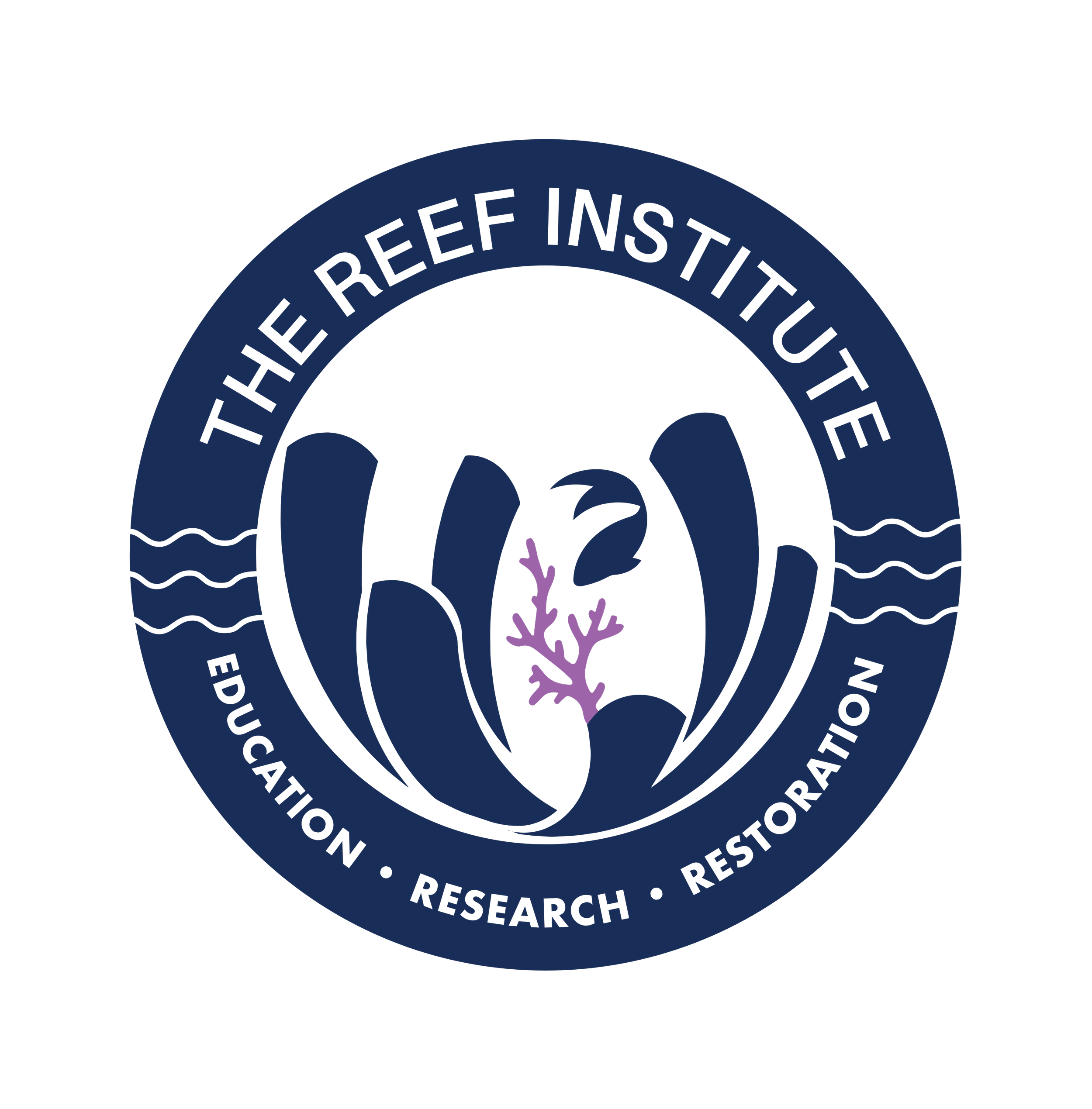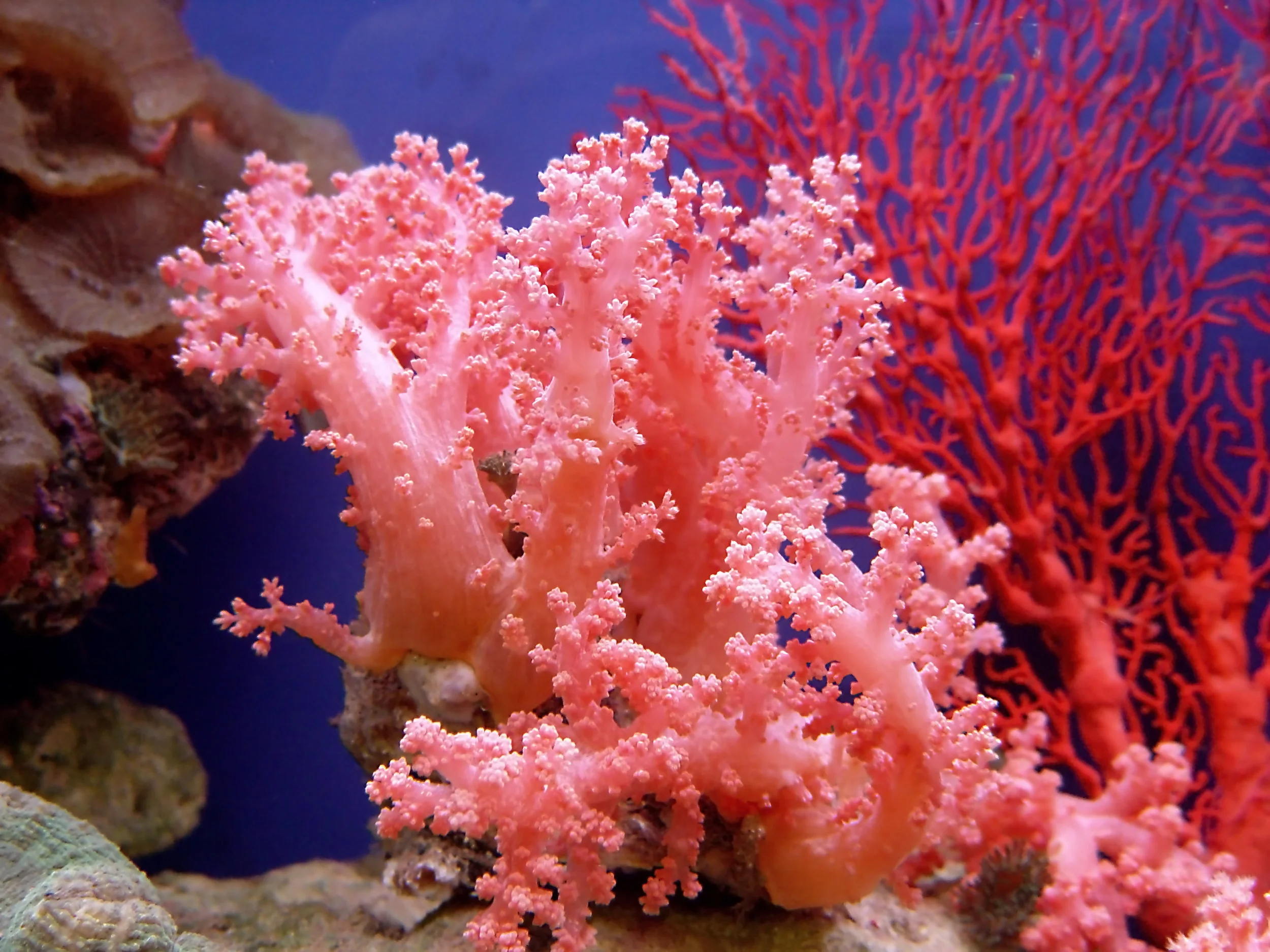Success Story – Florida Reef Tract Coral Monitoring and Seedbanking
Research at The Reef Institute is progressing and evolving quickly as we advance a pilot study exploring survival of coral frag replicates.
This has demonstrated that most Titanium and Zinc based sunscreens are safe for corals at higher concentrations than what is naturally ambient in the ocean. We will be following up and reporting more on this in the fall.
In other news, our first batch of rescue corals from Port Everglades are under seasonally shifting artificial lighting and our hope is to stimulate them to spawn in late August.
These lineages of coral are genetically valuable because they have shown to be disease and bleaching resistant in their natural environment, where they had survived for years under the suboptimal water quality conditions of Fort Lauderdale's busy port.
Recently, we have hooked up Neptune Apex Monitoring Systems to all of our coral systems and now have live internet monitoring and emergency automation capabilities. This new system can alarm us if parameters are out of normal ranges and take emergency action to correct it, such as shutting off valves or dosing buffer automatically.
Our coral monitoring project at Peanut island has identified lineages of coral beyond the previously established ranges and our hope is to setup an apex system connected to solar panels and a cell phone in the fall to live monitor conditions there and correlate them to any morbidity or mortality we might see in these corals. We will be watching to see if we can find patterns relating to new coral recruitment and northward range extensions.
Finally, we are kicking off our aquarist members lecture series with a presentation regarding the current coral disease outbreak. It will explore the status of coral reefs in Florida and outline which groups and what steps are being taken to address this devastating disease.
For ongoing research we are looking for anyone who can supply chillers or ecotech xr15 pro light. We are also making arrangements to directly import Australian coral and are open to any aquarists willing to donate towards that can have fragments of acro, acans, etc.


